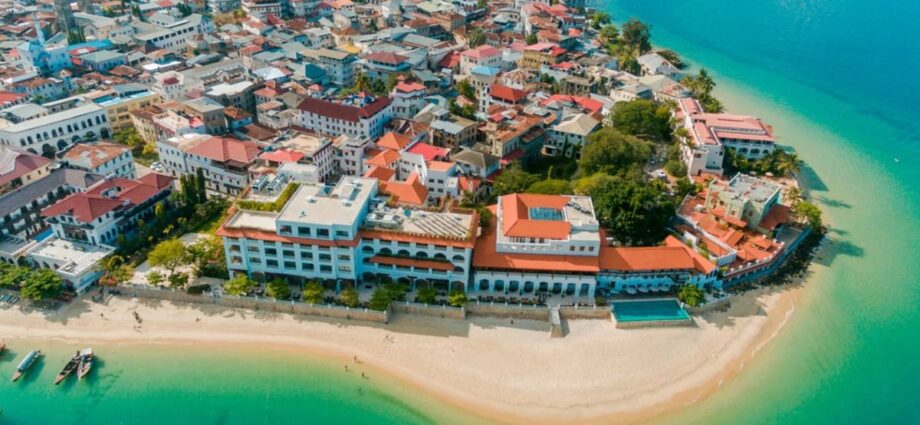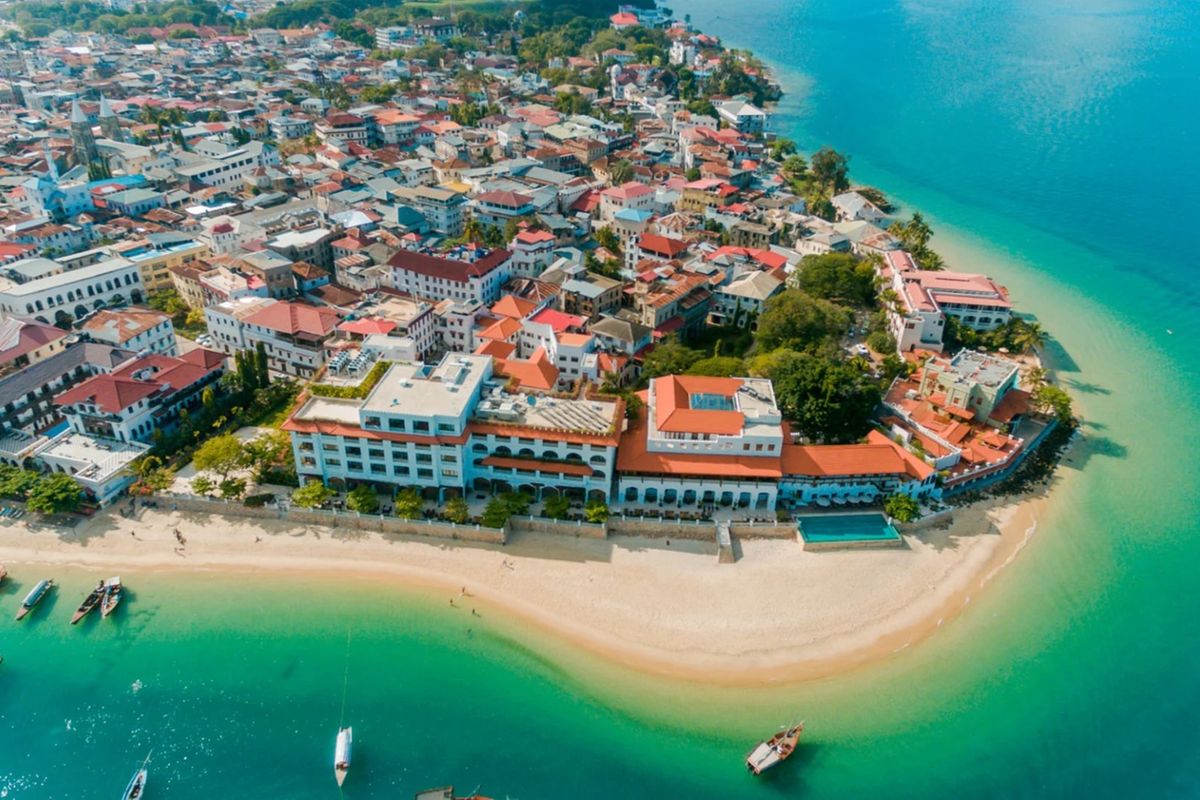Unguja. Following the rise of ad hoc tourist accommodations in private residences, the Ministry of Tourism and Heritage, in conjunction with the Zanzibar Tourism Commission, has introduced regulations for non-hotel tourists, applicable to providers of such lodging.
Announcing these guidelines at a tourism stakeholders’ meeting on July 4, 2024, Zanzibar’s Minister of Tourism and Antiquities, Mudrick Ramadhani Soraga, emphasized that accommodation providers must now seek registration from the Tourism Commission.
“These regulations apply to both locals and the diaspora. To obtain a license, the Tourism Commission will inspect accommodations to ensure they meet all business standards,” he explained.
Mr. Soraga detailed that the registration fees are Sh150,000 for the Mjini Magharibi Region and Sh250,000 for other regions. Section 31(1) of the Zanzibar Tourism Act No. 6 of 2009 empowers the minister to enact these regulations.
He further highlighted that licenses may be revoked if obtained through fraudulent means, used for prohibited activities under the regulations, or if the terms and conditions are violated.
“If found guilty, individuals may face fines ranging from not less than $1,000 (Sh2.6 million) to not exceeding $5,000 (Sh13.2 million), or imprisonment ranging from three months to five years,” Soraga stated.
However, he clarified that not all areas are approved for this type of business. Approved areas in the Mjini Magharibi Region include Stone Town, Mlandege, Fumba, Bububu, Chukwani, and Mbweni.
Hafsa Hassan Mbamba, Executive Secretary of the Tourism Commission, explained that some tourists prefer independent accommodations, prompting the need for these regulations.
She noted that the meeting identified challenges faced by tourism stakeholders on Pemba Island, such as poor road infrastructure leading to hotels.
She stressed the importance of a unified body among stakeholders to voice their challenges and suggestions to the commission.
“We recommended stakeholders establish a unified institution because anyone wishing to conduct business under the Commission must be associated with a relevant institution. This is to assist them in effectively presenting their concerns,” said Masoud Salim Mohamed, an advisor to the investor community.
He added that this initiative offers locals a direct opportunity to engage in the tourism sector.
He emphasized that tourists are attracted to the islands by the peace they offer, and these regulations aim to ensure their safety while staying in these accommodations.
He also encouraged potential investors in this sector not to fear these regulations, as they serve to legitimize their operations.















